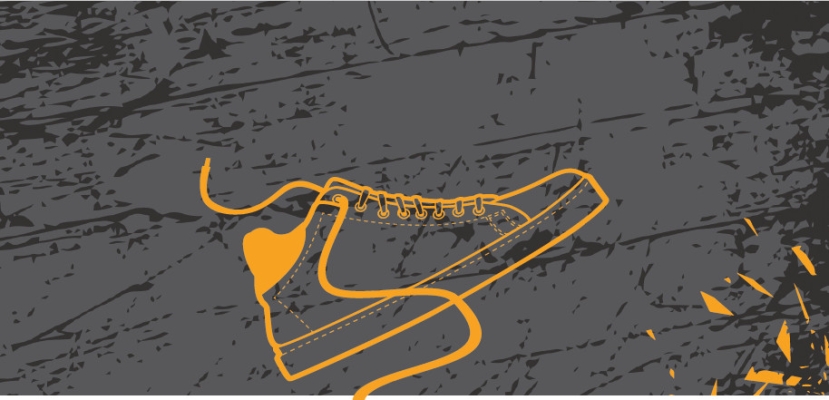Shards, Sirens, and Shoelaces
Memories of Israel during the War with Iran
It's 7:30pm in the evening in Tel Aviv and I have the unenviable task of deciding what to throw into my duffle bag. Not for a holiday, not for a gym session, but in preparation for the next air raid.
A WhatsApp message is doing the rounds—wear good shoes not thongs, they say. There may be shards of glass afterwards. Grab any meds, and a change of clothes for two days.
This is the fourth day since the ballistic missiles started hailing down from Iran, since our phones screamed with emergency alerts at 3am and the sirens outside forced us out of bed and into stairwells and shelters. But it feels like a lifetime ago. The rhythm of life here has completely changed. By day, the streets are unusually quiet.
At 3am and 4am, we're woken up by a loud, jarring alert from the Home Front Command—a sound that overrides silent mode and is unmistakably linked to danger.
It's designed to wake you up and get you moving, no matter the hour.
Sometimes the first warning comes when Intelligence spots missiles being readied in Iran, giving you a little extra time. Once a launch is detected, your phone blares with an alert, followed by sirens, giving you time to get to safety.
These are ballistic missiles—weighing over 500 kilograms and capable of carrying warheads with terrifying destructive power. They aren't coming from proxies or militias. They're direct threats from Iran's own arsenal, travelling at thousands of kilometers per hour with no regard for where they land. The randomness is maddening. It could land on either your or your neighbor's roof or apartment.
At the start, I would think I had time. The shelter is on the same level as my apartment, so if I forgot something—a water bottle, a phone charger, heaven forbid, my Kit Kat bar—I'd just duck back in and grab it. But not anymore.
We've learned the hard way. In past conflicts, there have been tragic cases where people were injured or even killed by shrapnel after leaving the shelter too soon, or because they hesitated, thinking an alarm was a false one.
We're learning, traumatically, that the seconds you think you have are often the ones that matter most. And yet, somehow, even in all this chaos, life still pushes forward in strange and even beautiful ways.
Today, for instance, I found myself packing crayons and watercolor pads to run a makeshift art class for the children in our building's shelter. At the same time, my phone buzzed with messages—lists of clothing drop-off points, the sizes that are needed, and reminders that a little girl whose house was destroyed has a birthday next week. Israelis are famously generous. In crisis, it becomes instinct.
There's a saying in Hebrew — "Lo aleinu," may it not happen to us— still, the nervous system has its own logic.
Just when I think I'm calm, the signs of stress creep in like smoke under a door. I forgot where the entrance to the supermarket was, even though I've been there dozens of times; I pressed the elevator button for the wrong floor when I got home and forgot to collect half my groceries at the checkout.
These are small things. But they're reminders that no one is functioning quite normally. Certainly not me.
A few hours ago, I got into the elevator with a young food courier. We both knew what the other was thinking. He looked at me, holding his delivery bag close, and simply asked, "Any updates?" No formalities. Just shared experience.
There's tension in the air, yes. But also a strange kind of strength. A national muscle memory has kicked in—and it's not just the army standing firm. It's the parents sharing voice messages with tips for calming anxious kids; iI's the neighbor whose Wi-Fi is working hot-spotting the others in the shelter; it's everyone giving a pat to Heidi, the big gentle dog who makes her rounds to each person in the shelter like she knows it's her job.
Tonight, as we mark a full week since the first missiles fell, the routines of war have settled into something almost familiar. The sirens still come at all hours, but now we move with practiced efficiency—no wasted seconds, no second-guessing. The duffle bag stays packed by the door, and I've stopped counting how many times I've run to the shelter.
A week ago, I couldn't have imagined adapting to this—yet here we are.
The tension hasn't faded, but neither has the stubborn hope.
Every siren is still a shock to the system, but every morning that follows feels like a small victory.
When this ends—and it will end—there will be stories to tell.
Not just of destruction, but of defiance, of kindness, and of the strange ways people hold each other up in times like this.








Comments